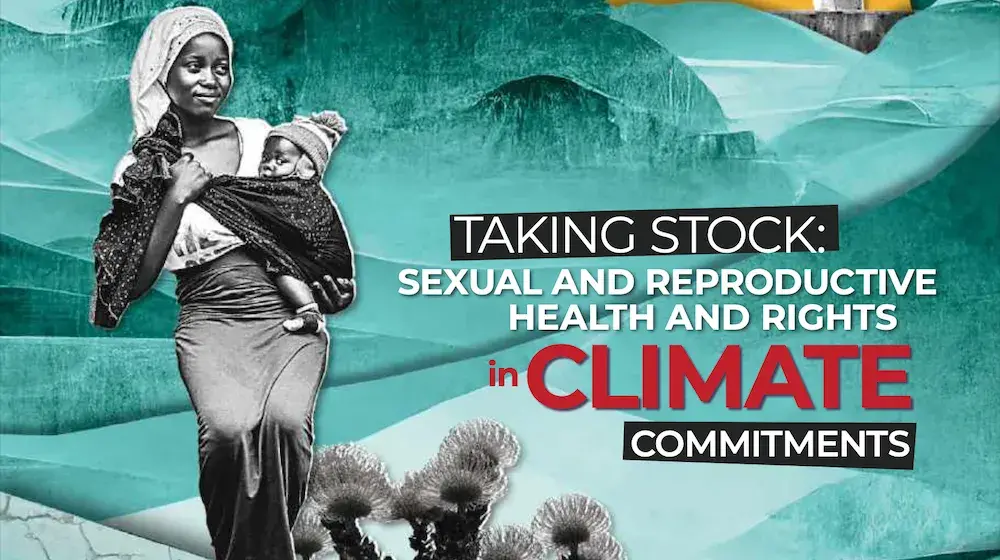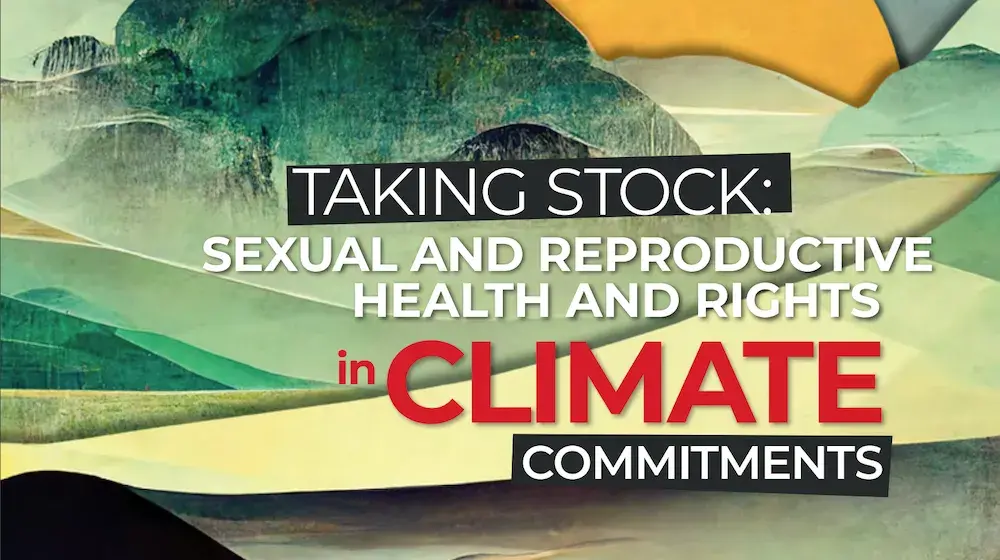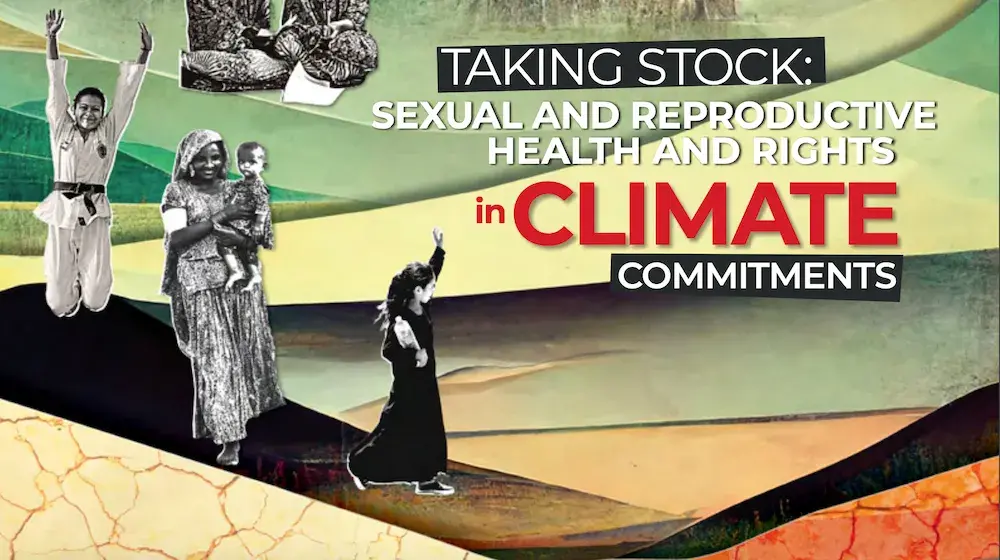Twenty-five years ago, world leaders acknowledged the threats of climate change at the International Conference on Population and Development (ICPD). In the Programme of Action, they recognized that “ecological problems, such as global climate change, largely driven by unsustainable patterns of production and consumption, are adding to the threats to the well-being of future generations.” The ICPD made clear that population, gender, health, rights and climate change are intertwined.
While Africa has contributed the least to increasing global greenhouse emissions, it bears a disproportionate burden of climate change. Across the continent, livelihoods are threatened by recurrent droughts and floods, extreme storms, and heatwaves, and people face prospects of dying livestock, water shortages, crop losses, and food insecurity. Competition over depleted resources is sparking conflicts and people are being forcibly displaced from their homes or relocating to survive.
While Africa has contributed the least to increasing global greenhouse emissions, it bears a disproportionate burden of climate change
Within countries, those most vulnerable to climate change and natural disasters are the poorest, including women, girls and other marginalized groups struggling to cope with a changing climate. Where disruption of livelihoods is severe, and environmental crises are recurring, the disruption of family and civic life leaves women and girls vulnerable to gender-based violence, an erosion of human rights, and bereft of emergency health or protection services.
Promoting gender equality, health and rights must be a cornerstone of climate adaptation. Resilience and adaptation require that all persons, including women and girls, have the health and welfare to prepare for a rapidly changing world, and adapt with dignity.
Few countries have included investments in universal sexual and reproductive health and rights as part of comprehensive climate adaptation efforts. Yet the expansion of health services that are completely voluntary and comprehensive, such as universal access to family planning services, is one of the most important investments in human resilience, including climate change resilience. Sexual and reproductive health and protection from gender-based violence are recognized as life-saving services, and an essential part of the humanitarian response to climate-related emergencies. Whether as part of the cyclone response in Mozambique or the ongoing droughts in Angola, provision of these services has saved lives and helped people to recover.
Promoting gender equality, health and rights must be a cornerstone of climate adaptation
Yet the value of sexual and reproductive health and rights as a key means of preparing and adapting to climate change must be recognized. Many people remain unaware of how poor sexual and reproductive health and lack of access to basic rights increases a population’s vulnerability to climate shocks. Too many on the frontlines of climate change adaptation remain unaware that there is a long history of successful programmatic work in health and rights to build upon, which demonstrates clearly the importance of these basic rights to the adaptability and resilience of individuals, communities and countries. Climate policy and financing can have a far greater impact if they include attention to social equality and development, including sexual and reproductive health and rights.
Across the world, climate action is currently driven by youth mobilization – from Greta Thunberg in Sweden who is on her way to New York by boat to attend the UN Climate Action Summit, to Yola Mgogwana from the township of Khayelitsha in South Africa who, at just 11 years old, is leading the way for climate action in her community and country. Young people are also at the forefront of advancing the sexual and reproductive rights of the ICPD agenda. Uniting common interests and common cause will drive further progress. The UNFPA Strategy on Adolescents and Youth – My Body, My Life, My World – highlights the role of young people in shaping the future of the planet through their meaningful participation in decision-making and dialogue for a sustainable and peaceful future.
From 26-28 August in Pretoria, South Africa, UNFPA will host an international symposium on sexual and reproductive health, gender and climate change resilience. Young people will take center stage, beginning with Yola, who will help open the symposium. Climate adaptation will be prioritized. Collectively, we will chart a course to climate resilience and adaptation that puts the most vulnerable at the center, with the aim to leave no one behind. The symposium marks an important milestone on the road to Nairobi, where thousands of leaders and activists will gather in November to commemorate ICPD25 and make commitments to reduce threats to human well-being and advance rights and choices for all.
Julitta Onabanjo, Regional Director, UNFPA East and Southern Africa
Benoit Kalasa, Director, Technical Division, UNFPA, New York
Shoko Arakaki, Director, UNFPA, Humanitarian Office, New York




